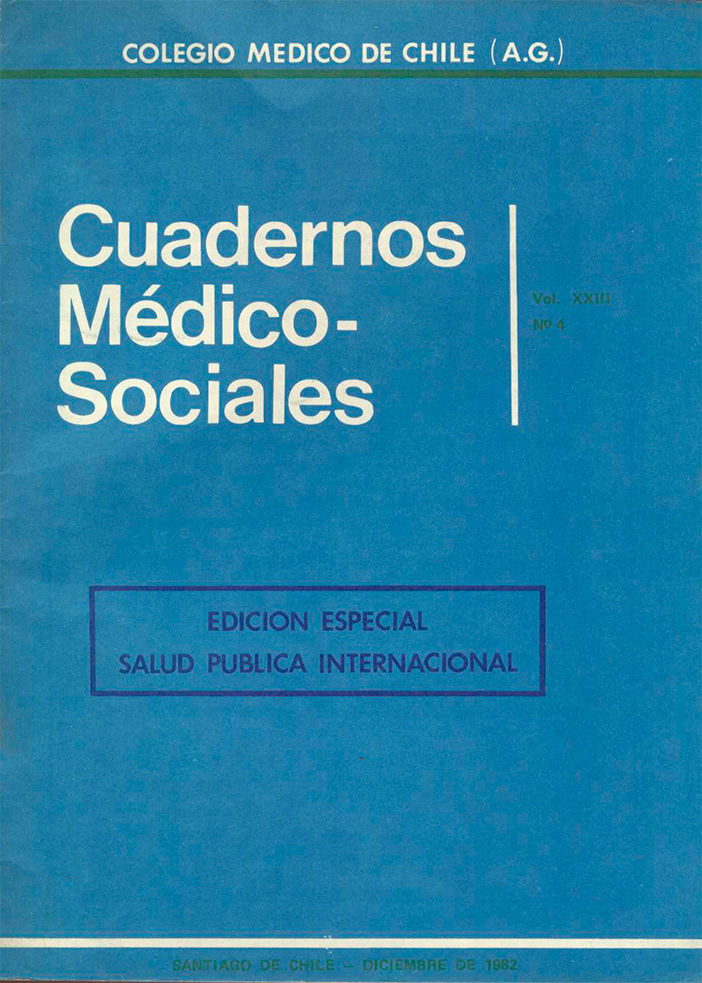Historia de la Salud Pública Internacional. Políticas Sectoriales y Cooperación Internacional. Las Experiencias de la OMS y de la OPS
Keywords:
Salud Pública Internacional, Organización Mundial de la SaludAbstract
The need for cooperation in the Healthy Sector became a concern of different countin in the middle of by tropical disaresult of h. in asters provoked by tropic alviseases epidemie, which from time to time devastated europea countries with high mortality and desastron Quinous economic effects on international trade, with Asian and African countries. Ten Interns tonal Sanitary Conferences convened by Euro pean countries between 1851 and 1900 were unable to reach an agreement. It was only in 1902 that the First Panamerican Sanitary Conference suceeded in creating the Panamerican Sanitary Bureau with the cooperation of all countries of Public Hygiene was created in Europe with Headquarters in Paris. The agreement was ratified by the 13th International Sanitary Conference held in Rome in 1907. After World War I, a Hygiene Committee was established by the League of Nations and its activities were interrupted by the beginning of World War II. After end of it, in 1948, "World Health Organization" was founded under the sponsorship of United Nations. "WHO" introduced three new elements in the international approach to health, hamely: world wide coverage of its activities; self-financing through direct country contributons and a multisectorial approach, within the context of economic and social development. In the second chapter the main campaigns of "WHO" are described: as Malaria Eradication, Smallpox eradication, elimination that, allowed "WHO" to sign a Solemn Declaration in 1980, at the end of a 5 year security period without any case of smallpox reported around the world. Vaccination was, therefore, no longer needed for international travel. Pure drinking water pro-grams, carried out with the support of international financing institutions are also mentioned, as well as, Family Planning, a part of MCH programs; and Primary Health Care, that means full incorporation of health programs in social development and improvement of the quality of life for helpless populations in all countries. The third chapter coordination and cooperation with other international organizations such as UNIP, UNICEF, ILO, FAO and IDB are mentioned.
Downloads
Downloads
Published
How to Cite
Issue
Section
License

This work is licensed under a Creative Commons Attribution-NonCommercial-ShareAlike 4.0 International License.


